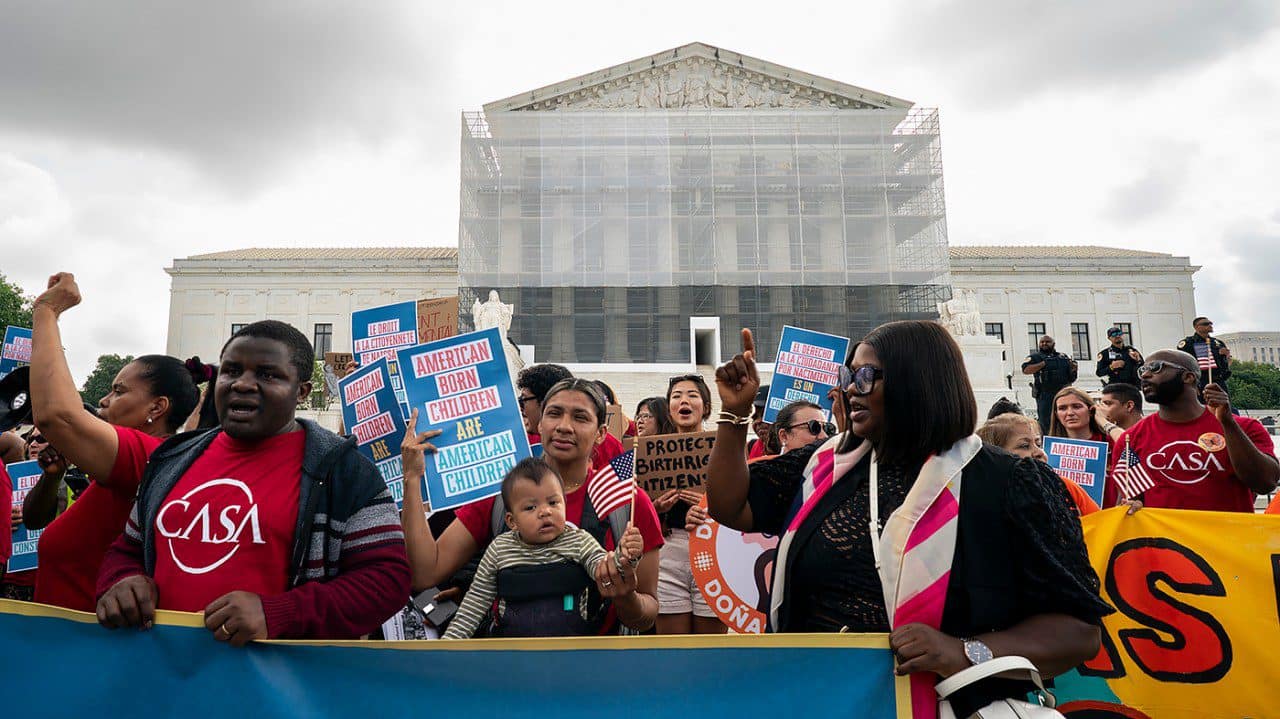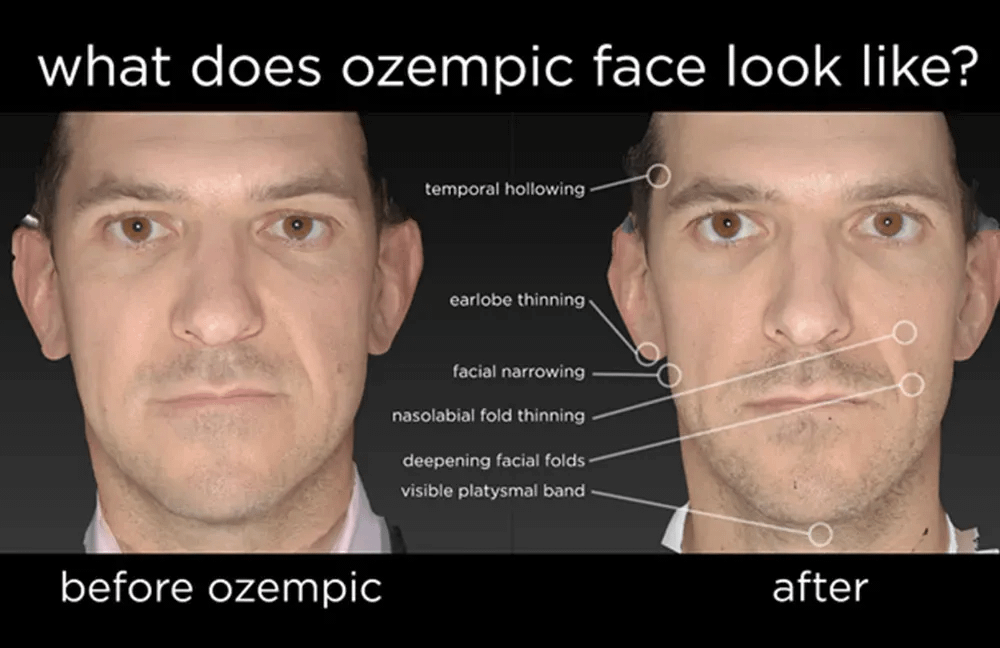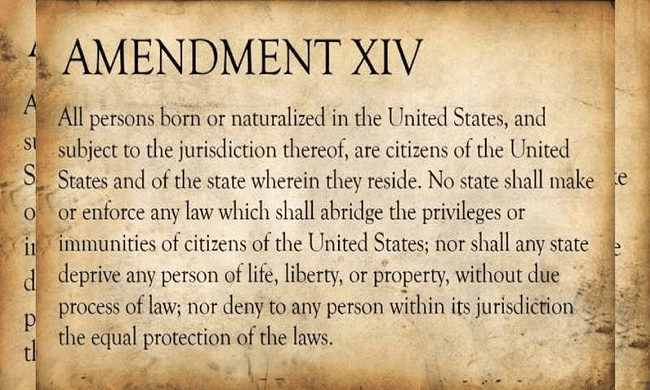
Understanding Birthright Citizenship: History, Constitution, and Landmark Court Cases
Birthright citizenship is a topic that ignites passionate debate and carries significant implications for millions. It refers to the right of individuals born on a country’s soil to automatically acquire citizenship, regardless of their parents’ nationality. This concept has deep historical roots, particularly in the United States, where it has evolved through constitutional interpretations and landmark court cases. This article delves into the history of birthright citizenship, its constitutional underpinnings, and key court decisions that have shaped its trajectory.
The Historical Context of Birthright Citizenship
The origins of birthright citizenship can be traced back to English common law, which asserted that any child born within the territory of the realm was a subject of the monarchy. This principle influenced the legal frameworks established in various nations, especially in the Americas.
In America, the idea gained prominence with the drafting of the Fourteenth Amendment in 1868, which was part of the Reconstruction Era efforts to secure rights for formerly enslaved individuals following the Civil War. The amendment’s Citizenship Clause states, “All persons born or naturalized in the United States, and subject to the jurisdiction thereof, are citizens of the United States.” This clause was pivotal as it explicitly guaranteed citizenship to anyone born on U.S. soil, aiming to remedy the injustices faced by African Americans.
Historically, birthright citizenship served as a crucial mechanism for integrating diverse populations into the national fabric. By ensuring that citizenship could not be denied based on race or parental status, it reinforced principles of equality and inclusion—values that many view as foundational to American identity.
The Constitutional Framework
The constitutional basis for birthright citizenship lies primarily in the Fourteenth Amendment. This amendment reflects a fundamental shift in American law, promoting an inclusive definition of citizenship that encompassed all individuals born in the U.S. However, while this foundation appears straightforward, its interpretation has been contentious throughout U.S. history.
Legal scholars often point out that the phrase “subject to the jurisdiction thereof” has spurred extensive debate. Critics argue that this clause implies limitations regarding the rights of children born to non-citizen immigrant parents, suggesting that those children should not automatically receive citizenship. On the other hand, advocates reaffirm that the intent behind the Fourteenth Amendment was clear: to ensure that all individuals born on American soil are entitled to citizenship.
The complexity surrounding this constitutional guarantee highlights the need for ongoing discussion and legal examination of the implications of birthright citizenship in contemporary society.
Landmark Court Cases Shaping Birthright Citizenship
Several court cases have significantly influenced the understanding and application of birthright citizenship in the United States, shaping public policy and societal perceptions.
- United States v. Wong Kim Ark (1898): This case set a crucial precedent for birthright citizenship. Wong Kim Ark, born in San Francisco to Chinese immigrant parents, was denied re-entry into the U.S. after traveling abroad. The Supreme Court ruled in favor of Wong Kim Ark, affirming that he was a U.S. citizen by birthright. The court emphasized that the Fourteenth Amendment applies to all individuals born on U.S. soil, regardless of their parents’ immigration status.
- Plyler v. Doe (1982): In this landmark decision, the Supreme Court ruled that states cannot deny free public education to children based on their immigration status. Although this case primarily addressed educational rights, it reinforced the principle that undocumented immigrants and their children are afforded certain protections under the law. The ruling further solidified the notion that children born in the U.S. hold rights that cannot be disregarded due to their parents’ legal status.
- United States v. Tinsley (1996): This lesser-known case dealt with the citizenship status of a child born in the U.S. to undocumented immigrants. The court upheld the concept of birthright citizenship, emphasizing that the citizenship provision of the Fourteenth Amendment applies universally to anyone born in the country. Tinsley’s case underscores how the consistent application of law supports the notion of inclusive citizenship.
Each of these cases reflects ongoing judicial interpretation of the Fourteenth Amendment and highlights the complexities surrounding birthright citizenship. While some advocate for changes to this principle, the courts have historically upheld the original intent of the Constitution.
The Modern Debate: Challenges and Perspectives
In recent years, birthright citizenship has resurfaced as a hot-button issue in political discourse. Proponents of reform suggest that the birthright citizenship policy enables “birth tourism,” where non-citizens travel to the U.S. expressly to give birth, thereby granting their children citizenship. They argue that this encourages illegal immigration and places a strain on resources.
However, advocates for retaining birthright citizenship contend that changing this long-standing practice undermines fundamental American values of equality and inclusion. They assert that the automatic granting of citizenship serves as a protective measure for vulnerable populations and fosters social cohesion, rather than division.
This debate is not merely academic—it has real-world implications for families, communities, and the broader nation. With shifting political climates and increasing scrutiny around immigration policies, the future of birthright citizenship remains uncertain. Engaging in constructive dialogue about its implications is essential for navigating the complexities of modern society while honoring the values embedded in the Constitution.
Conclusion
Birthright citizenship is a vital aspect of the American legal landscape, rooted in historical necessity and framed by constitutional guarantees. From its origins in English law to its entrenchment in the Fourteenth Amendment, the concept of automatic citizenship for those born on U.S. soil underscores a commitment to equality and justice. Landmark court cases have further shaped this discourse, affirming the rights of individuals and challenging perceptions surrounding citizenship.
As the nation continues to navigate the multifaceted challenges of immigration and citizenship, the conversation around birthright citizenship will undoubtedly persist. Understanding its history, constitutional relevance, and implications in modern society is essential for shaping informed, respectful, and inclusive discussions on this critical issue.


















